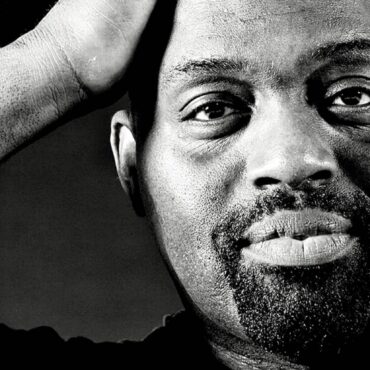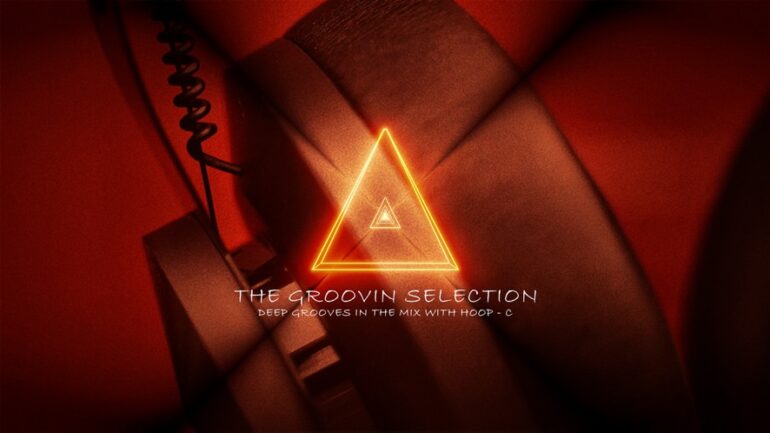-
 play_arrow
play_arrow
The Number One Dance Music Radio the number one dance music radio


Detroit’s Role in Techno: UNESCO Oversight Under Scrutiny
Uncovering Techno’s Roots and Cultural Recognition
On March 13th, Germany broadened its UNESCO Cultural Heritage list with the addition of six new entries. Notably, these encompassed mountaineering in Saxony, a regional fruit wine known as viez, and the somewhat controversial inclusion of “techno culture in Berlin.” UNESCO emphasises that recognising the intangible cultural heritage of diverse communities fosters intercultural dialogue and mutual respect for different ways of life. However, such sentiments are jarring when considering the origins of techno.
Techno, a product of the cultural and musical movements primarily driven by Black youth in and around Detroit during the mid-’80s, underwent a transformative journey. Its emergence paralleled developments in Chicago and New York with house and hip-hop, respectively, reshaping popular music and nightclub culture in the late 20th century. While hip-hop gained widespread influence in the US, techno and house initially found greater acclaim in Europe. The German Commission’s press release asserts that techno “evolved” from “DJ culture” to become “the soundtrack of the spirit of optimism after [German] reunification,” yet glaringly omits any mention of Detroit or the genre’s originators.
The African diaspora has been pivotal in driving most of the 20th century’s musical innovations, a fact often overlooked in the UNESCO list. Notably, Brazil’s capoeira and samba de roda, Jamaica’s reggae and Maroon heritage, and the Dominican Republic’s bachata, merengue, and Cocolo dancing are among the few African descent heritages recognised in the Western hemisphere. It’s noteworthy that the US, alongside countries like Australia and Canada, has not ratified the 2003 UNESCO Convention on Intangible Cultural Heritage, thus preventing entries like Detroit techno from being considered.
However, the failure of the German Commission to acknowledge Detroit in its press release is its own injustice, reflecting a broader pattern. House, hip-hop, and techno are part of the soul music tradition, which includes blues, jazz, gospel, R&B, and rock & roll, all originating from African American culture. These genres are deeply intertwined with the struggle and resilience of African peoples under a global system that systematically dehumanised them. Yet, there persists a tendency to downplay or dismiss their origins, exemplified by the notion that “techno wouldn’t have survived without Europe,” a sentiment rooted in arrogance and ignorance.
In the broader context of the African American plight, the UNESCO oversight is just another in a series of injustices. The disregard for African humanity displayed under the guise of cultural capital is emblematic of a larger societal issue. Recognition should be given to pioneers like Underground Resistance, Mike Huckaby, and Jeff Mills, whose contributions are often overlooked. To move forward, there must be a shift in consciousness and a genuine effort to acknowledge and rectify historical injustices. This transcends nightlife and UNESCO accolades; it requires a collective commitment to healing and respecting all cultures.
Image by BiZkettE1 on Freepik
Written by: HMR
Similar posts
Housemasters Newsletter
Don't miss a beat!
Sign up for the latest Housemasters news and updates!
By signing up, you understand and agree that your data will be collected and used subject to our Privacy Policy and Terms of Use.
© 2024 Housemasters Radio.












Post comments (0)